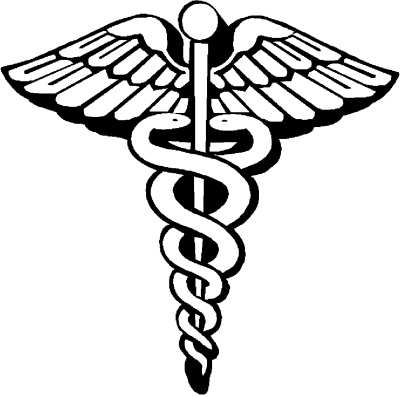Disclosure: This post may contain affiliate links, meaning we get a commission if you decide to make a purchase through our links, at no cost to you. Please read our disclosure for more info.
Asthma Risk Factorsdevelopment of asthma in infants and childrenGenderGeneticsAllergies and illnesses.Prenatal and pregnancy factors.Asthma Symptoms Children and Infants May Present
- Noisy breathing or wheezing when your child does not have a cold or other infection
- Decreased respiration rates
- Frequent coughing
- Frequent respiratory infections
- Shortness of breath
- Difficulty sleeping
- Sneezing
- Runny or stuffy nose
Diagnosing Asthma in Children
- Ask you about your child’s symptoms.
- Inquire about the family history of allergies and asthma.
- If either you or the other parent has asthma, the doctor may ask you about your own asthma triggers and symptoms.
- Conduct a physical exam that involves listening to your child’s lungs and looking for signs of asthma.
- If the child is old enough, perform a lung function test, or spirometry, which measures a child’s breaths.
- Order chest x-rays.
- Perform blood and/or skin tests for allergies.
After the Diagnosis: Tips for Parentsyour child’s asthma triggersGuest post courtesy of Lungtropolis®, an interactive web-based learning game created to help children ages 5-10 control their asthma. The site incorporates a resource for parents featuring comprehensive tips regarding asthma in children.

